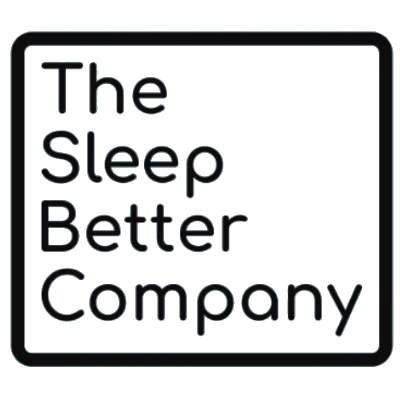What is Sleep Apnea?
Sleep apnea is a serious sleep disorder where your breathing repeatedly stops and starts during sleep. It can significantly affect your health and quality of life, often leading to restless nights, daytime fatigue, and other serious health risks if left untreated. The most common type, obstructive sleep apnea (OSA), occurs when the muscles in your throat relax too much, blocking your airway and causing pauses in breathing.
Common Symptoms of Sleep Apnea
Some key signs and symptoms of sleep apnea include:
- Loud snoring
- Gasping for air during sleep
- Waking up with a dry mouth or sore throat
- Daytime fatigue or sleepiness
- Morning headaches
- Difficulty staying asleep (insomnia)
If you experience any of these symptoms, it’s crucial to seek proper diagnosis and treatment. Left untreated, sleep apnea can increase the risk of high blood pressure, heart disease, diabetes, and even stroke.
Why You Should See a Doctor or Visit a Sleep Clinic
If you suspect you may have sleep apnea, it’s important to see a doctor or visit a local sleep clinic for proper testing. A sleep study, also known as polysomnography, can monitor your breathing patterns, oxygen levels, and other vital signs while you sleep. This test will help determine whether you have sleep apnea and the severity of your condition.
Treatment Options for Sleep Apnea
After a diagnosis, your healthcare provider will recommend the best treatment options for your specific case. In addition to medical interventions like CPAP (Continuous Positive Airway Pressure) therapy, there are lifestyle changes and additional tools that can improve your sleep quality.
How Mouth Tape and Nasal Strips Can Help
For those with mild sleep apnea or as a complementary solution, mouth tape and nasal strips can be effective tools to improve your breathing during sleep. Here’s how:
-
Mouth Tape: Mouth tape encourages nasal breathing by gently sealing your mouth shut while you sleep. Breathing through your nose, rather than your mouth, promotes better oxygen flow, reduces snoring, and helps keep your airway open. Proper nasal breathing can also enhance the effectiveness of treatments like CPAP and reduce the frequency of apneas during the night.
-
Nasal Strips: Nasal strips help open your nasal passages, making it easier to breathe through your nose. They are especially useful for those with nasal congestion or a deviated septum, which can exacerbate sleep apnea symptoms. By reducing nasal resistance, nasal strips support better airflow and less snoring, leading to more restful sleep.
Take Action for Better Sleep
If you think you might have sleep apnea, the first step is always to see a doctor or visit a sleep clinic to get tested. Once diagnosed, using natural solutions like mouth tape and nasal strips can play a significant role in improving your sleep quality by promoting healthy, consistent breathing.
By taking the necessary steps to manage your sleep apnea, you can wake up feeling more refreshed, energized, and ready to take on the day!
